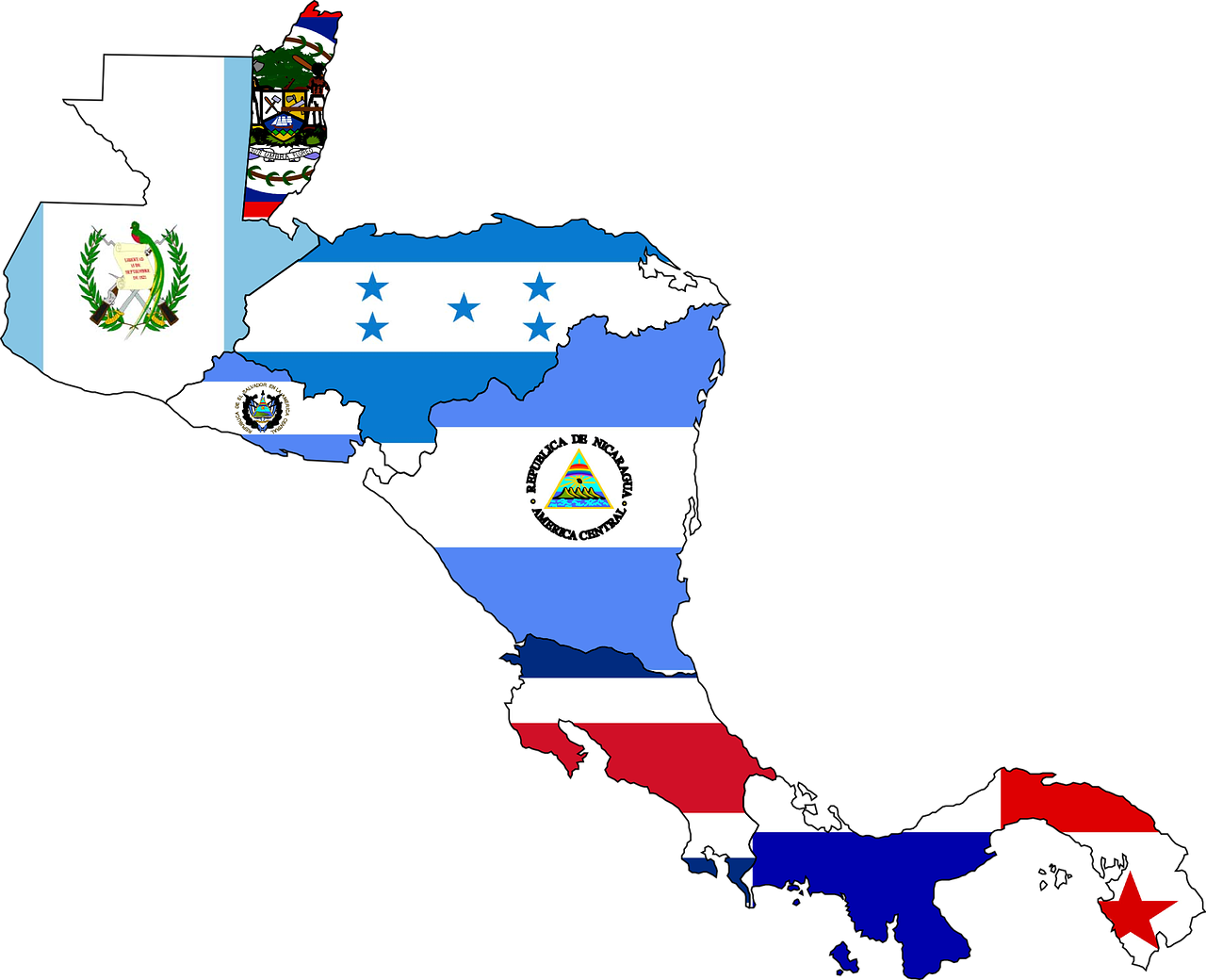
On November 9, 2018, the President unveiled a new executive order, this time targeting asylum seekers from Central America.
Over the last few weeks, a large caravan of immigrants from Central America, bound for the United States, has made headlines. In a recent campaign ad, the Trump administration depicted individuals forming part of the immigrant caravan as criminals and violent gang members.
The President has not shied away from commenting on the caravan. In an October tweet, when news first spread of the caravan, the President said, “In addition to stopping all payments to these countries, which seem to have almost no control over their population, I must, in the strongest of terms, ask Mexico to stop this onslaught—and if unable to do so I will call up the U.S. Military and CLOSE OUR SOUTHERN BORDER!”
Trump is now delivering on his promise. Trump has now signed an executive order to temporarily suspend the entry of certain aliens entering through the southern border.
The executive order reads:
Under this suspension, aliens entering through the southern border, even those without proper documentation, may, consistent with this proclamation, avail themselves of our asylum system, provided that they properly present themselves for inspection at a port of entry. In anticipation of a large group of aliens arriving in the coming weeks, I am directing the Secretary of Homeland Security to commit additional resources to support our ports of entry at the southern border to assist in processing those aliens — and all others arriving at our ports of entry — as efficiently as possible.
But aliens who enter the United States unlawfully through the southern border …. will be ineligible to be granted asylum …. Those aliens may, however, still seek other forms of protection from persecution or torture.
Who does the Executive Order apply to:
Aliens who enter the United States across the international boundary between the United States and Mexico after November 9, 2018. The suspension will expire 90 days after November 9, 2018, or the date on which an agreement permits the United States to remove aliens to Mexico.
Continue reading
 Visa Lawyer Blog
Visa Lawyer Blog













